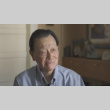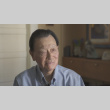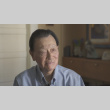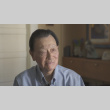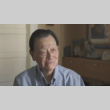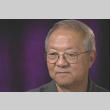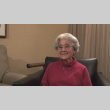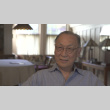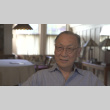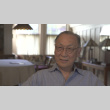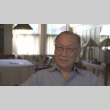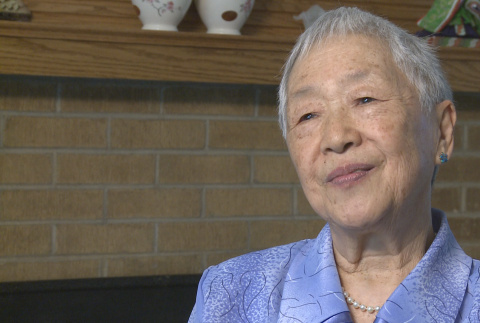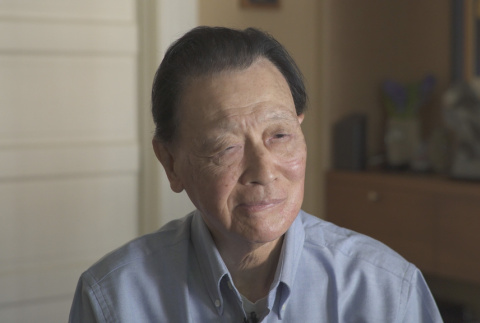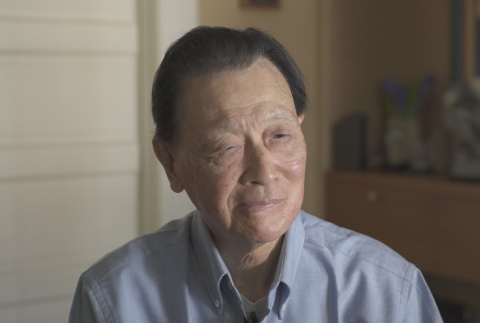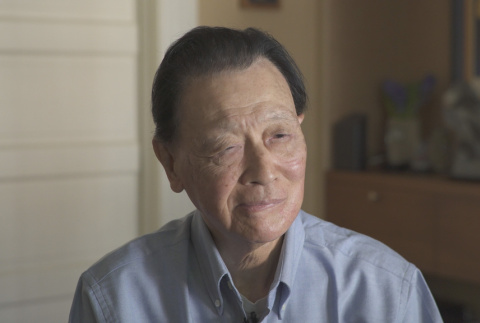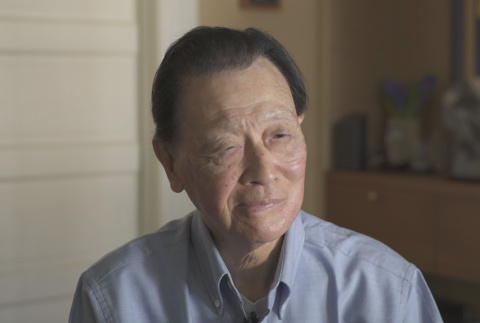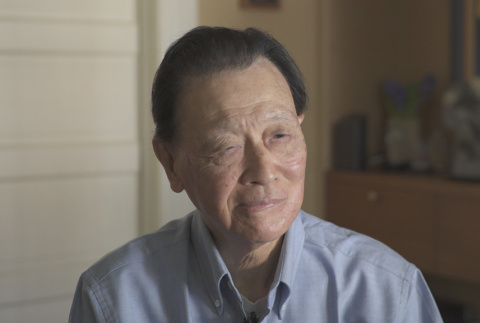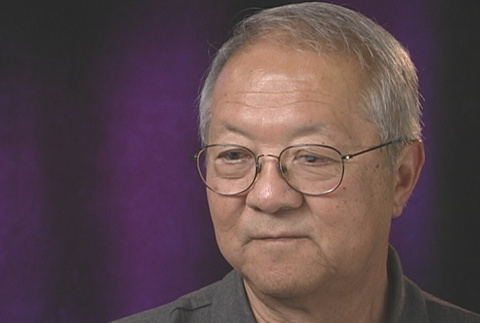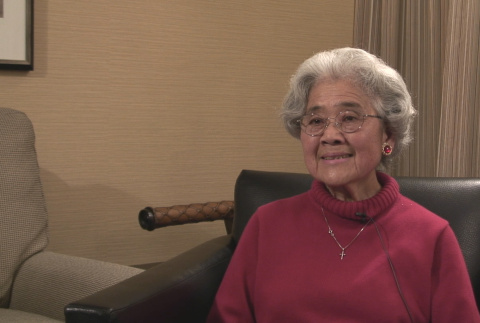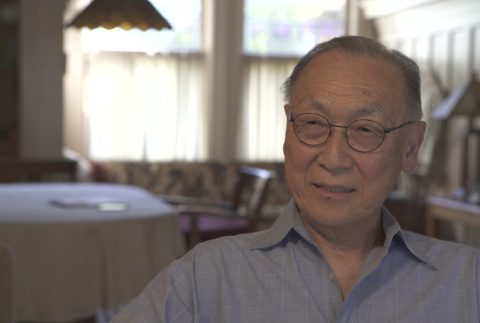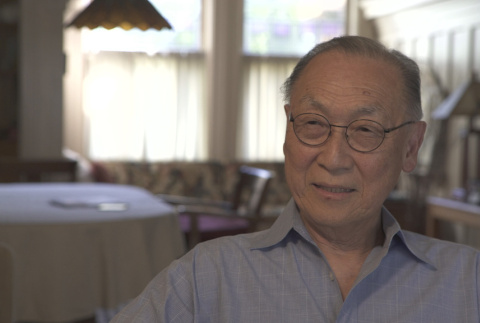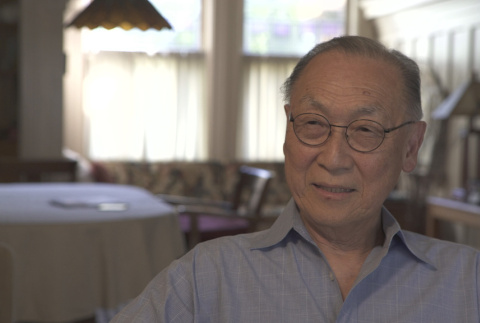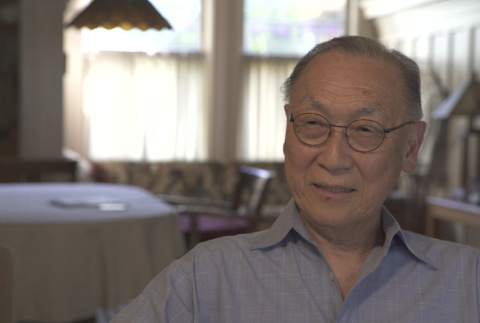Japanese Latin Americans
During World War II, 2,264 Latin Americans of Japanese ancestry were forcibly deported from their countries of residence and taken to the U.S. where they were placed in internment camps in order to be exchanged for Americans held by Japanese forces. Some 80 percent of the internees were Japanese Peruvians; the rest came from various Pacific-facing countries from Mexico to Chile. At the conclusion of the war, most of the interned Japanese Latin Americans were forced to leave the U.S. However, since many were initially barred from returning to their home countries, more than 900 Japanese Latin Americans were deported to war-devastated Japan. Over 350 Japanese Latin Americans remained in the U.S. and fought deportation in the courts. Eventually, about 100 managed to gain reentry to their home countries in Latin America. It was not until 1952 that those who stayed were allowed to begin the process of becoming U.S. permanent residents. Many later became U.S. citizens.
Japanese Latin Americans
(284)
Related articles from the
Densho Encyclopedia :
Japanese Latin Americans
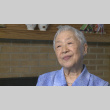
This material is based upon work assisted by a grant from the Department of the Interior, National Park Service. Any opinions, finding, and conclusions or recommendations expressed in this material are those of the author(s) and do not necessarily reflect the views of …

This material is based upon work assisted by a grant from the Department of the Interior, National Park Service. Any opinions, finding, and conclusions or recommendations expressed in this material are those of the author(s) and do not necessarily reflect the views of the Department of the …
